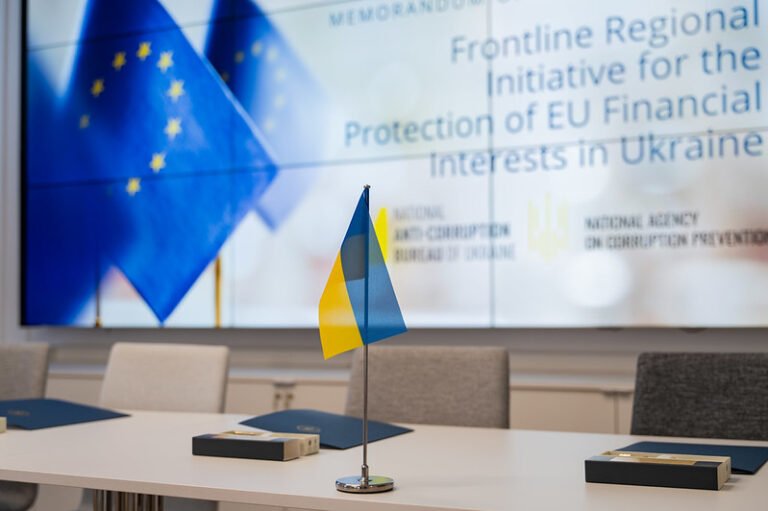The Latvian information technology (IT) industry should place greater emphasis on exporting services and engaging with global markets, as many companies remain overly reliant on domestic public contracts, Ivo Almanis, head of Accenture in the Baltics, told LETA in an interview.
“We have many companies – not just in IT, but in the broader information and communication technology (ICT) sector – that are ‘sitting’ on public contracts, largely funded by the EU. This trend has grown over the past decade and is distorting the market,” Almanis said.
He emphasized the need for a stronger focus on exports and international markets, noting that the Latvian market is too small to sustain long-term growth.
Almanis also highlighted the critical challenge of how Latvian IT companies will adapt to artificial intelligence (AI) in the next phase of development without losing competitiveness. “Everyone in the industry wants to raise wages, but the good times are over. We’re already on par with the rest of Europe, so we can no longer compete on price alone. Now the key question is: what is our added value that will attract customers?” he said.
He noted that the IT sector is undergoing a major transformation, both in terms of working methods and the tools being used, as AI begins to significantly reshape the industry. This includes the potential to perform some tasks using AI – either independently or in tandem with humans – at a lower cost than human labor.
When asked about the availability of skilled workers, a long-standing concern in the industry, Almanis said there is still a shortage of experienced professionals. However, a potential future challenge lies with junior talent: demand for entry-level workers is lower, not all are able to find jobs, and their roles are among the easiest to automate with AI. This could lead to a shortage of experienced professionals in the long term.
“This could create a gap over time – if we’re not hiring enough junior professionals now, where will we get experienced staff in the future? That will be a major challenge,” Almanis said.
Source: BNS
(Reproduction of BNS information in mass media and other websites without written consent of BNS is prohibited)


















